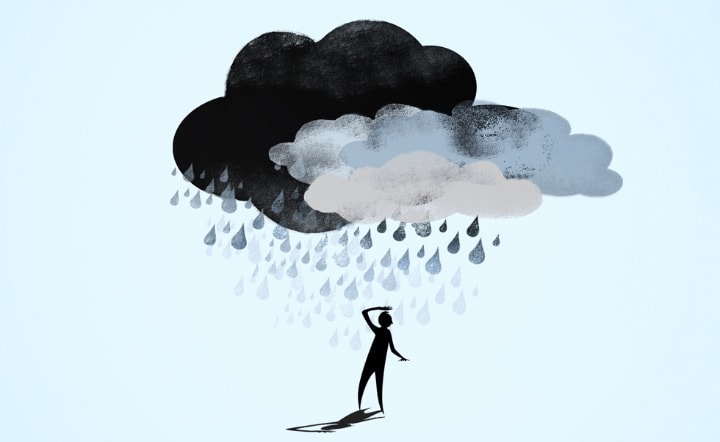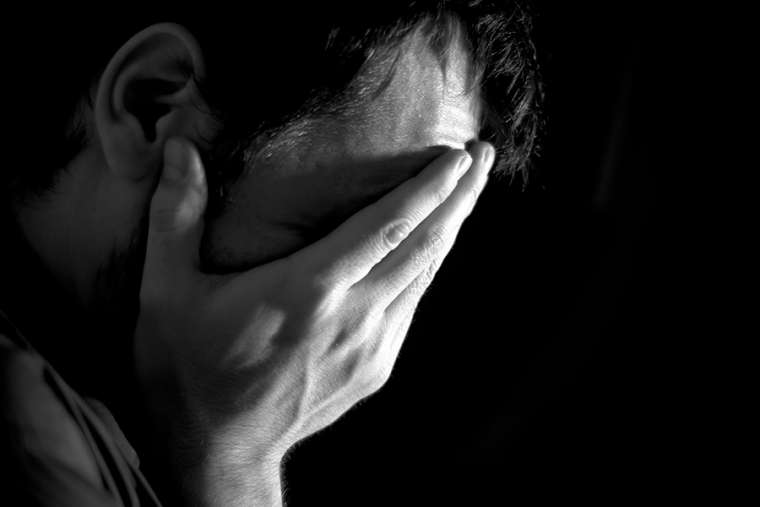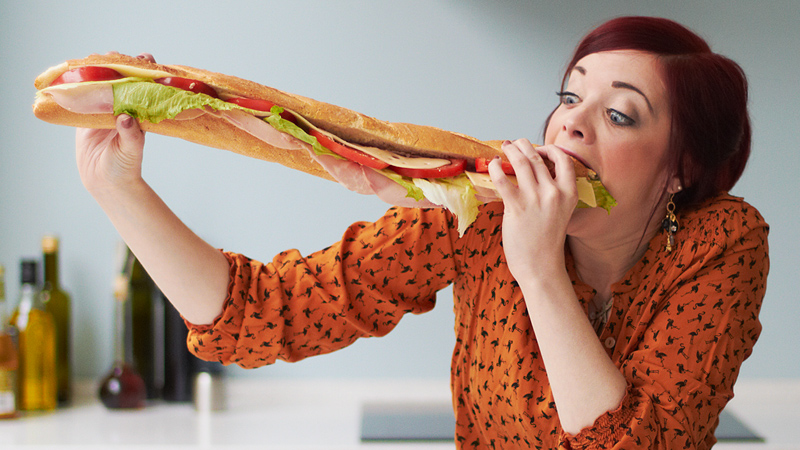
Depression 2
Last week we looked at the depression that Radha has. The depression may not have any apparent cause and may have a significant biological component. There is no medical test for depression. Heredity appears to play a role in the risk of depression. People who have a strong history of depression are more likely to become depressed.
What you can do?
Depression is a biological psychiatric illness due to chemical changes inside the brain. These changes will not go away on their own. Recovery from depression may require psychotherapy, medication, or a combination of these and other treatments. Antidepressant medications are the main medications used to treat depression. They work to restore the chemical imbalance in the brain. Drugs like imipramine, amitriptyline, fluoxetine, sertraline, citalopram, venlafaxine are some of the medications being used currently. As a rule, they must be taken for 4 to 6 weeks before they begin to cause substantial improvement in a depressed person’s mood. Finding the right antidepressant at exactly the right dosage is likely to involve a brief period of trial and adjustment. Sometimes an antianxiety medication or a mild sedative may be prescribed along with the antidepressant medication at first to help curb the troublesome symptoms of depression. Apart from medications, there are a host of other interventions that also are available. The most effective treatment of this is the use of medications. The use of antidepressants is not easy. They are not pills that simply cure a problem in a few days or weeks such as antibiotics. They are not pills that have virtually no side effects. They take time to take effect. Each individual responds differently to these medications. Often it proves necessary to change from one antidepressant to another. This changeover can be a distressing experience but one that needs to be endured. There are many temptations to stop using the antidepressants, to assume that no help is possible, and tragically, in some cases to take one’s life. The determination to persevere in treatment, however, can bring reward. In rare cases where the depression deepens despite treatment with both medicines and psychotherapy, electroconvulsive therapy (ECT or shock treatment in common parlance) may sometimes be used. The result is almost always quick relief from depression. Today’s ECT is nothing like the crude shock treatments of the past. The patients do not feel pain during treatment. Psychotherapy can be very effective in treating depression. Psychotherapy may be used alone or in conjunction with medicines. There is a talk with the depressed person about her feelings and experiences and helps her to find ways to overcome the mood problem. The therapy sessions continue for about 3-6 months, depending on the needs of the individual. There are various forms of psychotherapy. Cognitive behavioral therapy helps the person to recognize her own negative thought patterns and behaviors and to replace them with positive ones. She may share her thoughts and patterns and this may quickly bring about changes to the daily life and outlook for the future. Interpersonal therapy focuses on the problems that Radha has in her personal and social relationships. It helps her review how she interacts with other people, then works on how to change that behavior to improve relationships. By learning to deal more effectively with other people, she can stop creating conflict in her life and gain support from family and friends. In psychodynamic therapy, she looks inside herself to uncover and understand emotional conflicts that may be causing her depression. This is often long-term treatment that involves looking back at unresolved problems from childhood and attempting to work them out. Apart from these interventions, there are plenty of things you can do to help speed recovery from depression and help keep depression from returning. Reduce stress. Look at your life honestly. Be realistic about what you can handle. Cut back. Give yourself a break here and there. Learn stress management techniques. Stress is everywhere and you cannot avoid it all. Learning to live with necessary stress can make the difference between depression and happiness. Set realistic, reachable goals. Celebrate small victories along the way to a big success. Exercise. Join a class, ride a bicycle, take a walk, go dancing, go outside, and get into a healthy new routine. Get nutritional counseling and learn to enjoy healthy eating. Depression has a way of destroying good eating habits and damaging good health. Socialize. Push yourself to go out more often. See friends, see a movie, and eat out.



